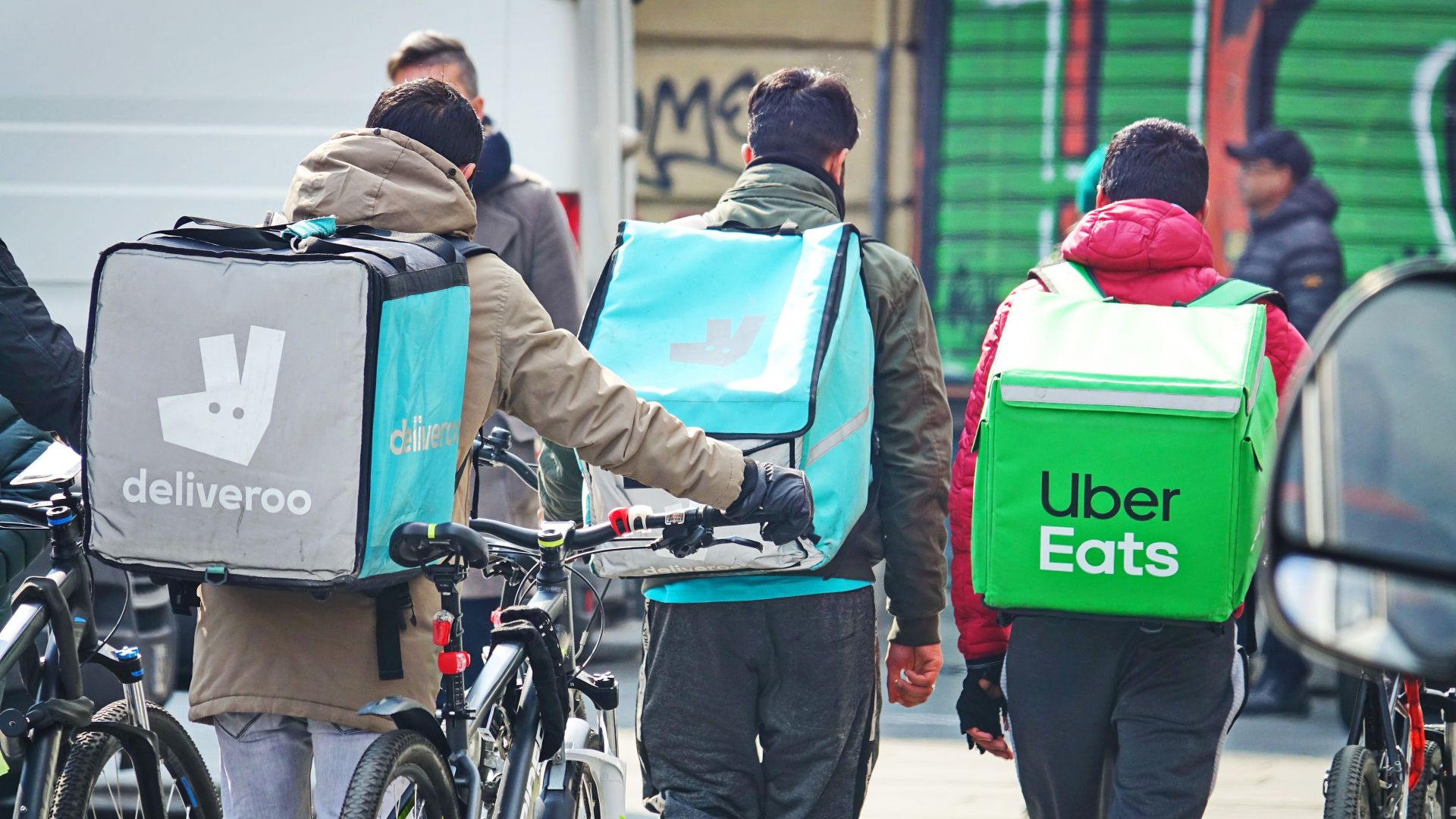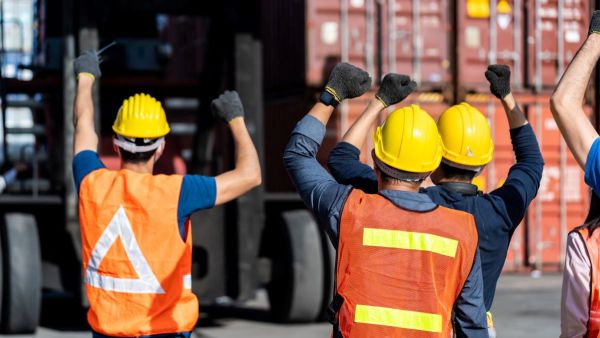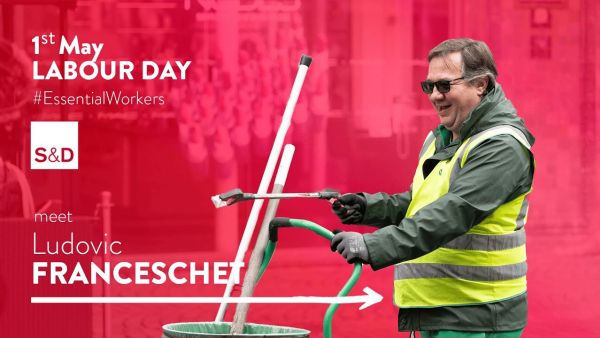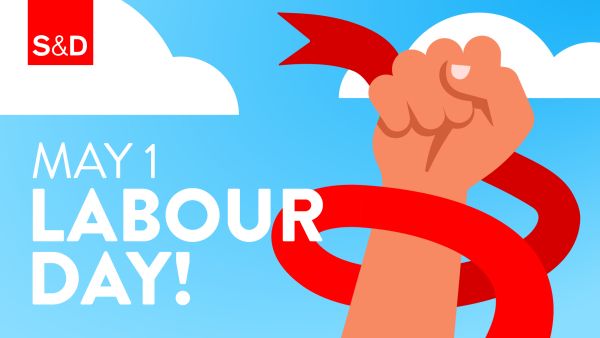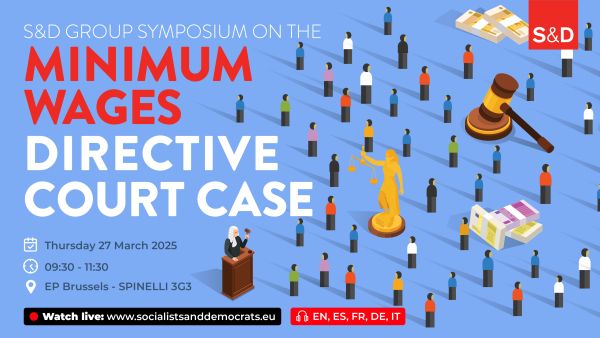Speaking ahead of the launch of the consultative phase on platform work, by Commissioner Nicolas Schmit today, the Socialists and Democrats in the European Parliament demand that platform workers are recognised as employees with all applicable rights in terms of pay, income taxes, social protection, health and safety protection, as well as unionisation and collective bargaining.
Elisabetta Gualmini, S&D MEP and shadow rapporteur, said:
“It is so easy, with one click on your phone you can have food delivered to your doorstep, a car to take you anywhere or a cleaner to tidy your home. Yet, some people are paying a very high price for this convenience. Uber drivers, Helpling cleaners or Deliveroo cyclists are deprived of fair wages, denied social insurance and declined paid leave. Bogus self-employment leaves these modern day labourers without any income security. Some of the richest companies on this planet outsource their business risk onto the workers and onto the taxpayer. If Uber drivers do not get any customers, they are stuck with the bill for the gas. If Deliveroo drivers have a bike accident during work, they will be without sick pay. Moreover, traditional companies, who offer their employees full social protection and decent pay, are facing unfair competition from platforms engaged in social dumping.
“We welcome the fact that the European Commission recognises the importance of this issue and engaged themselves to present a legislative proposal by the end of this year.”
Agnes Jongerius, S&D MEP and spokesperson on employment and social affairs, said:
“Platform workers and their trade unions have striked, filed court cases, and won those throughout Europe. Only last week in the Netherlands, the court ruled that Deliveroo riders are employees. We must protect platform workers from the beginning, and tear down the smokescreens of these online platforms.
“To change the game of the gig economy, in principle all platform workers must be considered as employees. Our goal is to reverse the burden of proof. It must be assumed that an employment relationship exists with the platform, entailing full social and workers’ rights and it should be up to the platforms to demonstrate the contrary.
“The digital revolution brings many advantages like greater flexibility and working from home. But at the same time, disruptive innovation is turning production, work structures, sales and customer relations upside down. To ensure technological progress translates into social progress for all we must pass laws to ensure that platform workers have the same rights as any other worker and that platforms follow the same rules as any other company. It is time to finally strengthen workers’ rights in the digital age. If we don’t step in to protect some of the most vulnerable people in the economy today, we risk precarious work spreading into other sectors tomorrow.”
Note to the editor:
Read more here on our social agenda for digital work.
Platform workers use an app (such as Uber) or a website (such as Amazon Turk or Helpling) to offer services to customers in exchange for payment. Platform work is currently presented by many platforms as a non-standard form of employment. Therefore, working conditions and social rights of platform workers are not enshrined in standard labour regulation, which leaves many platform workers with less protection than offline workers and creates unfair competition between the gig economy and traditional companies.
The EMPL report on “Fair working conditions, rights and social protection for platform workers - New forms of employment linked to digital development (INI)” is scheduled to be voted on the 14-15 of June in the employment committee. At the end of 2021, a proposal by the European Commission on “Improving the working conditions of platform workers” is expected.

